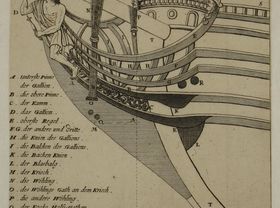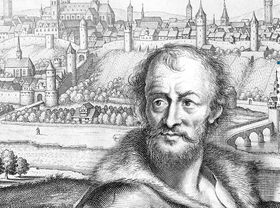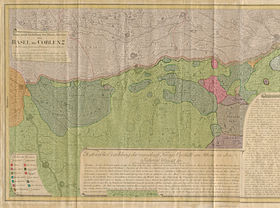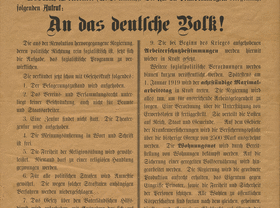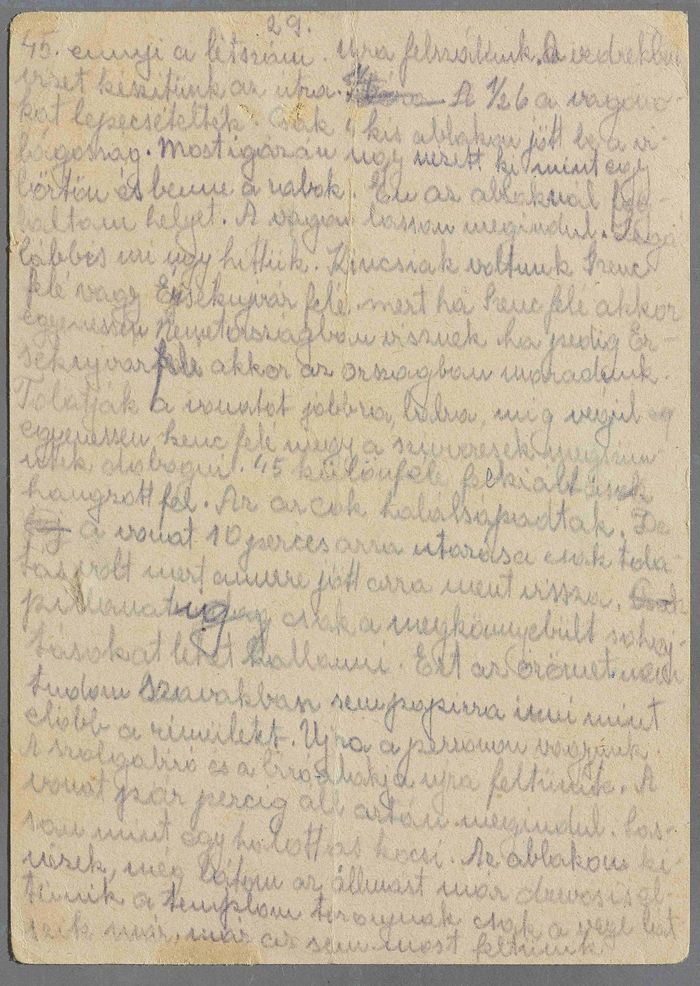Deutsch
45. Das ist unsere Anzahl. Wir steigen wieder ein. Wir bereiten Wasser im Eimer für die Fahrt vor. Viertel nach fünf wurden die Waggons geschlossen. Licht kommt nur durch vier kleine Fenster herein. Drinnen sah es bereits wirklich so aus wie ein Gefängnis mit Häftlingen. Ich nahm am Fenster Platz. Der Zug fährt langsam los, dachten wir zumindest. Wir waren gespannt, ob der Zug Richtung Szenc oder Érsekújvár fährt. Wenn er Richtung Szenc fahren wird, dann bringen sie uns gerade nach Deutschland, und wenn Richtung Érsekújvár, dann bleiben wir im Land. Der Zug wird links und rechts geschoben und zuletzt fährt er doch Richtung Szenc. Die Gesichter sind bleich. Eine zehnminütige Fahrt,aber der Zug wurde nur rangiert, weil er wieder in die gleiche Richtung zurückfuhr. Wir hören, wie die Menschen erleichtert aufatmen. Wie die Angst, kann ich auch Freude nicht beschreiben. Die Gestalten des Oberstuhlrichters und des Richters erschienen wieder. Der Zug hält noch paar Minuten lang, dann fährt er erneut los. So langsam, wie ein Leichenwagen. Ich schaue aus dem Fenster, ich sehe noch die Bahnstation und auch das dzevos verschwindet bereits, man sieht nur noch die Spitzen der Kirchtürme und dann auch sie nicht mehr. Jetzt erscheint
English
45. That is our number. We get in again. We prepare water in the bucket for the journey. Quarter past five the wagons were closed. Light only comes in through four small windows. Inside, it already looks like a prison with inmates. I sit down at the window. The train slowly starts rolling, at least we think so. We are curious whether the train will go in the direction of Szenc or Érsekújvár. If it’ll go for Szenc, they’ll bring us straight to Germany, and if it’ll go for Érsekújvár, we’ll remain in the country. The train is pushed left and right, and finally it’s going in the direction of Szenc, after all. The faces are pale. A ten-minute journey, but the train was only shunted, because it went back in the same direction. We hear people breathe in relief. Like the fear, I also cannot describe the joy. The figures of the chief judge and the judge appear again. The train halts for a few more minutes, then it slowly starts rolling again. Slow as a hearse. I look out of the window, I can just about see the train station and the dzevos is already disappearing, one can only see the tops of the church spires, and then they are also gone. Now the Jewish cemetery appears, where Joszika, one of my brothers, rests. I look there, I can still see it. Just fields, fields, and we leave Galánta. I lean against the window and cry. I try to control myself and keep the tears back, and I look at the fields, where I often went past when I visited my grandmother in Sellye. But I did that in a passenger train, and being free, and I knew that my grandmother would soon take me in her arms. But now I don’t know what awaits me. We leave Tósnyárasd behind us, and the houses of Sellye appear. A big jolt, and the train stops. A sign says Vágsellye. I look outside and see a wagon similar to ours, and the people equally look outside, through the grates of the small windows, like I do. Who are you? Where are you from?, we hear from over there and the answer comes through the windows. From the Galánta area. And you? From the Vágsellye area. Where is the Present family?, I ask. Who’s asking? Their grandchild. Dóra, is that you? It’s Lea. Your grandmother is in the back. Lea is the friend of our Dóra. Questions and answers fly from one wagon to the next.


